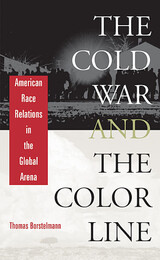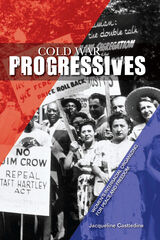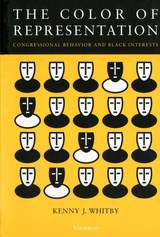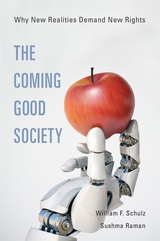A Century of International Crisis Behavior
University of Michigan Press, 2026
Cloth: 978-0-472-07818-9 | Paper: 978-0-472-05818-1 | eISBN: 978-0-472-90598-0 (OA)
See other books on: Century | International Relations | James, Patrick | Security (National & International) | Wilkenfeld, Jonathan
See other titles from University of Michigan Press
Cloth: 978-0-472-07818-9 | Paper: 978-0-472-05818-1 | eISBN: 978-0-472-90598-0 (OA)
ABOUT THIS BOOK | AUTHOR BIOGRAPHY | REVIEWS | TOC
ABOUT THIS BOOK
Perhaps more than ever, we need to invest in the study of the causes and consequences of crises. Since its founding in 1975, the International Crisis Behavior (ICB) Project has aimed to better equip academics, policymakers and the next generation of engaged citizens to make sense of why crises arise and how they can be more effectively managed and prevented. The ICB Project’s data holdings consist of full-length qualitative case studies, along with an expanding range of quantitative datasets that include information regarding the characteristics of the states in crisis, crisis behavior, attempts at third-party crisis management, the role of nonstate actors, and the system-level context.
A Century of International Crisis Behavior summarizes the evolving patterns of international crisis behavior in the nearly 500 cases cataloged since 1918, provides an accounting of the state of the scholarship to make sense of the patterns, and presents new findings that advance our understanding. Chapters are grouped according to their level of analysis: studies of systems, dyads, and states. The authors highlight what we have learned and what we have yet to learn regarding the prevention, escalation, and de-escalation of international crises.
A Century of International Crisis Behavior summarizes the evolving patterns of international crisis behavior in the nearly 500 cases cataloged since 1918, provides an accounting of the state of the scholarship to make sense of the patterns, and presents new findings that advance our understanding. Chapters are grouped according to their level of analysis: studies of systems, dyads, and states. The authors highlight what we have learned and what we have yet to learn regarding the prevention, escalation, and de-escalation of international crises.
See other books on: Century | International Relations | James, Patrick | Security (National & International) | Wilkenfeld, Jonathan
See other titles from University of Michigan Press












